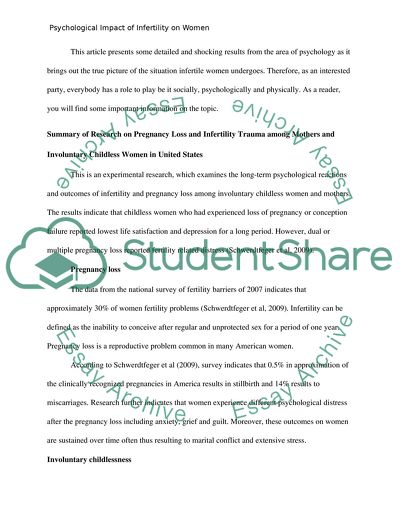Cite this document
(“The Psychological Impact of Infertility in Women Research Paper”, n.d.)
The Psychological Impact of Infertility in Women Research Paper. Retrieved from https://studentshare.org/psychology/1621529-the-psychological-impact-of-infertility-in-women
The Psychological Impact of Infertility in Women Research Paper. Retrieved from https://studentshare.org/psychology/1621529-the-psychological-impact-of-infertility-in-women
(The Psychological Impact of Infertility in Women Research Paper)
The Psychological Impact of Infertility in Women Research Paper. https://studentshare.org/psychology/1621529-the-psychological-impact-of-infertility-in-women.
The Psychological Impact of Infertility in Women Research Paper. https://studentshare.org/psychology/1621529-the-psychological-impact-of-infertility-in-women.
“The Psychological Impact of Infertility in Women Research Paper”, n.d. https://studentshare.org/psychology/1621529-the-psychological-impact-of-infertility-in-women.


